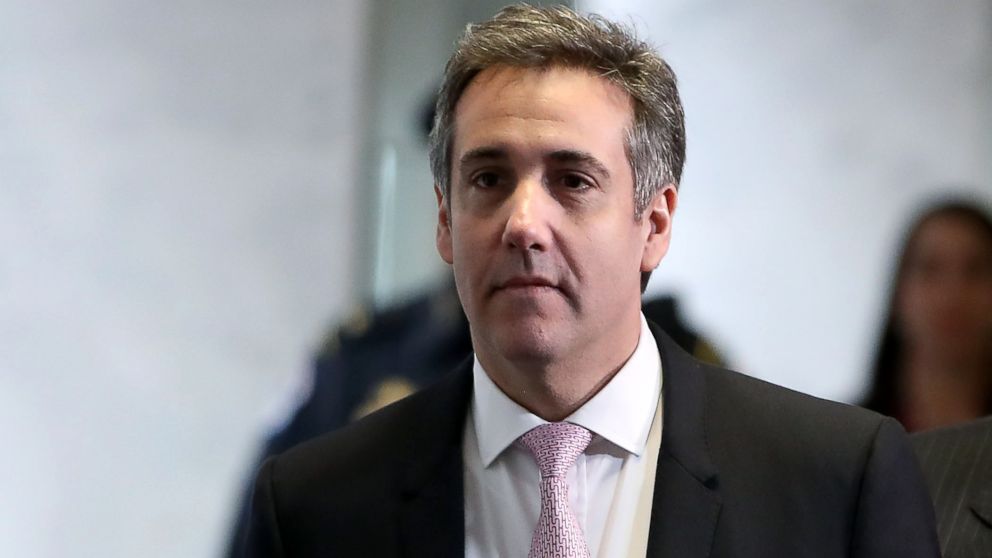Lawyers claiming ties to Rudy Giuliani approached Michael Cohen after FBI raids; investigators looking at contacts
In the weeks following the federal raids on former Michael Cohen's law office and residences last April, President Donald Trump's former lawyer and confidant was contacted by two New York attorneys who claimed to be in close contact with Rudy Giuliani, the current personal attorney to Trump, according to sources with direct knowledge of the discussions.
The outreach came just as Cohen, who spent more than a decade advocating for Trump, was wrangling with the most consequential decision of his life; whether to remain in a joint defense agreement with the president and others, or to flip on the man to whom he had pledged immutable loyalty. The sources described the lawyers' contact with Cohen as an effort to keep him in the tent.
Cohen generated a bounty of bold-faced headlines during his public testimony before Congress last week. He called the occupant of the Oval Office a racist, a con-man and a cheat and accused the president of committing at least one crime while in office.
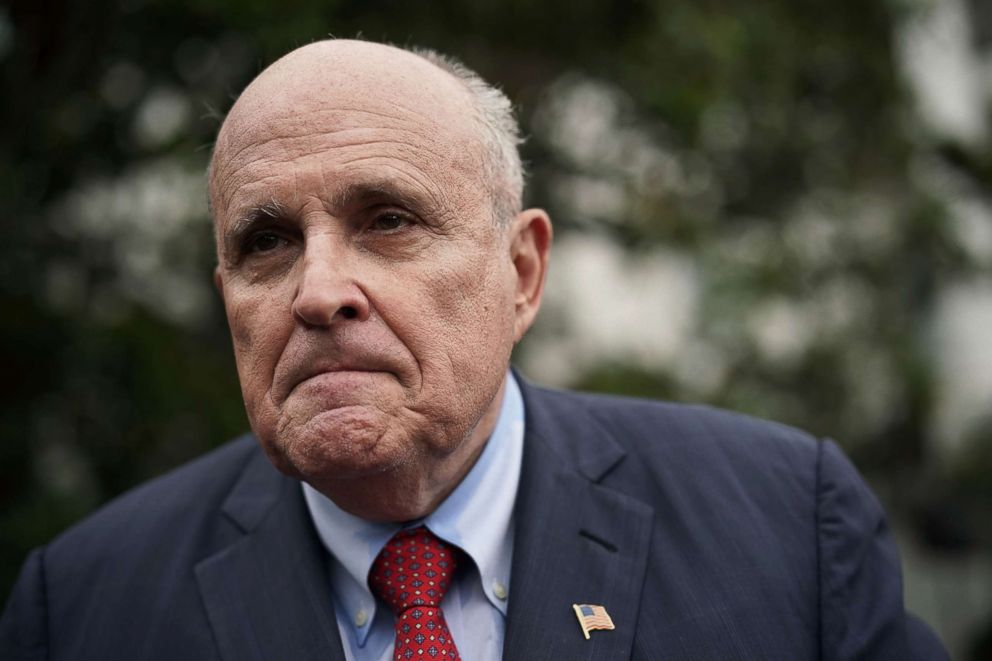
Yet for all the attention paid to what Cohen was willing to say about the president, his reluctance to answer a question about the last communications he had with Trump or someone acting on his behalf made news on its own. Cohen clammed up and claimed that federal prosecutors were actively probing that very issue.
"Unfortunately, this topic is something that's being investigated right now by the Southern District of New York, and I've been asked by them not to discuss and not to talk about these issues," Cohen said.
The sources familiar with the contacts said the two lawyers first reached out to Cohen late in April of last year and that the discussions continued for about two months. The attorneys, who have no known formal ties to the White House, urged Cohen not to leave the joint defense agreement, the sources told ABC News, and also offered a Plan B. In the event Cohen opted to exit the agreement, they could join his legal team and act as a conduit between Cohen and the president's lawyers.
At one point in the discussions, one of the attorneys sent Cohen a phone screenshot to prove they were in touch with Giuliani, the sources said.
During the time of the conversations, Cohen and attorneys for the president and the Trump Organization were engaged in a cooperative, court-supervised effort to examine millions of files seized from the Cohen raids looking for items potentially covered by attorney-client privilege.
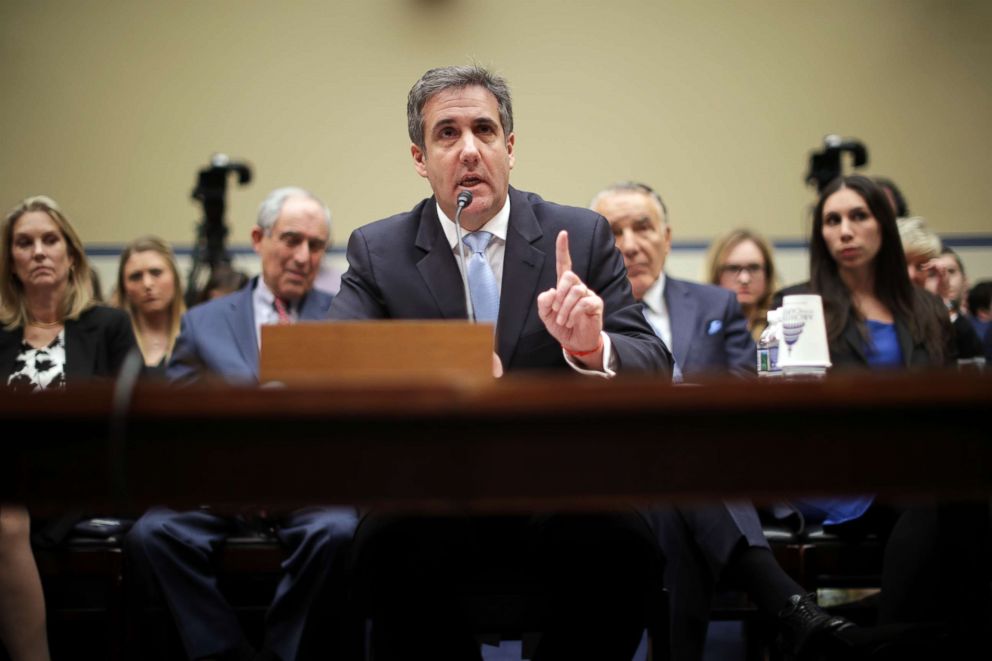
With that process ongoing, the New York attorneys talked up to Cohen the value of working with them because of their good relationship with Giuliani.
Reached Wednesday by ABC News, Giuliani declined to comment, citing attorney-client privilege.
"I can't say anything about it. If I had any conversations with any of his lawyers it would be privileged because it was all under the joint defense agreement," Giuliani said.
The nature and the propriety of the contacts were a subject of interest when Cohen spoke last year to prosecutors in the office of special counsel Robert Mueller and, more recently, in the Southern District of New York, according to people familiar with the events.
Investigators have been looking into whether these communications were intended to influence Cohen, a potential witness against the president, or to implicitly dangle a potential pardon in front of Cohen, the sources said. It's unclear if prosecutors regard the contacts as illegal or improper.
A spokesman for the U.S. Attorney’s Office in the Southern District of New York declined to comment.
Neither Cohen nor his attorneys responded to requests for comment.
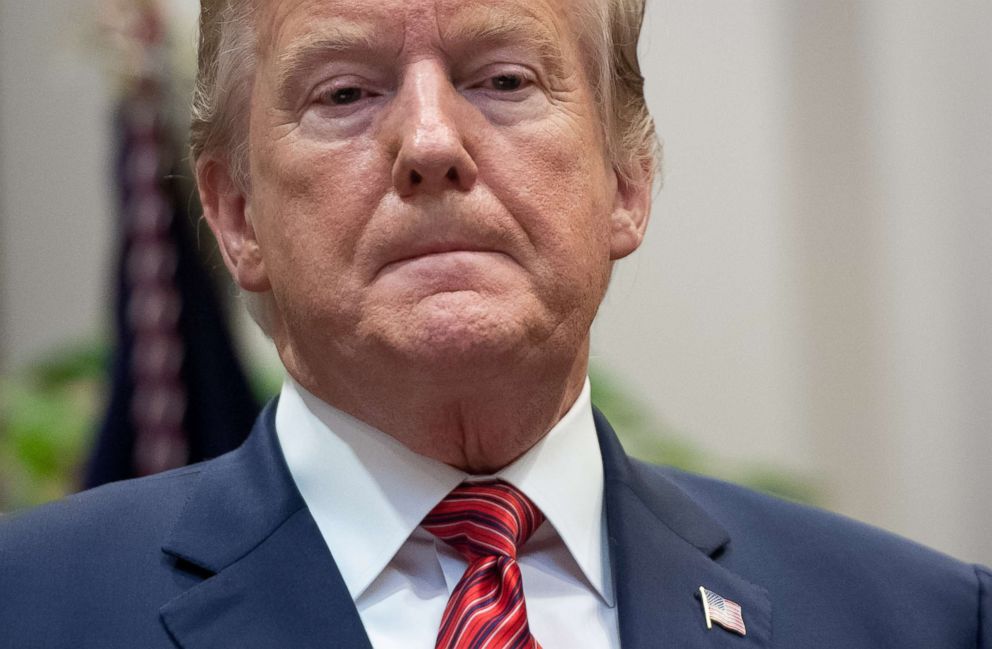
The sources tell ABC News that during the multiple conversations between Cohen and the attorneys, there was no explicit discussion or offer of a presidential pardon for Cohen. But the sources said there was an implicit message that if Cohen hired these lawyers, it could preserve or increase his chances of a pardon down the road, the sources said.
While emphasizing that he was speaking generally, and not in response to any specific allegation, Giuliani told ABC News that any lawyer that has raised to him the issue of a possible pardon has been told the same thing.
"It has always been squelched immediately," Giuliani said.
"We have unequivocally always said only one thing, and anything else would be entirely false. We have said the president is not going to issue any pardons and is not considering any pardons at this time," he added.
The revelations of the communications between Cohen and the two attorneys comes as Cohen's spokesman, for the first time, acknowledged that Cohen had asked one of his other lawyers early last summer to inquire with counsel for the president about potentially receiving a pardon.
Cohen's spokesman Lanny Davis told ABC News Thursday that Cohen asked his then-attorney, Stephen Ryan, to meet with Giuliani about the possibility of a pardon, after the FBI raids on his home and offices in 2018.
Cohen eventually left the joint defense agreement and hired Guy Petrillo, a white-collar defense lawyer in New York, to represent him as he sought to cooperate with Mueller's probe and other federal and state investigations. The news of Petrillo's hiring was first reported last June, but it had been rumored for weeks before that.
According to the sources, the attorneys cautioned Cohen that hiring Petrillo, the former head of the criminal division of the Southern District of New York, could effectively end all contact between Cohen and Trump's legal team. They noted that Petrillo had previously worked with prominent Trump critics, including former FBI Director James Comey and Preet Bharara, the former U.S. Attorney in Manhattan, who had been fired by the president.
As it became clear that Cohen would commit to Petrillo, the attorneys asked Cohen to consider bringing them on board as well, because their purported relationship with Giuliani could serve to keep lines of communication open with President Trump's legal team. Petrillo apparently opposed the idea of working in tandem, and Cohen ultimately rejected it, the sources said. The two attorneys never formally joined Cohen's legal team but sent Cohen a bill for legal services, which he did not pay, the sources said.
The charges include fees for at least a half a dozen phone calls between the attorneys and Giuliani, according to two sources who have seen the invoice. One of the final entries is for a late June in-person meeting in New York between at least one of the attorneys and Giuliani. ABC News has not independently reviewed the bill.
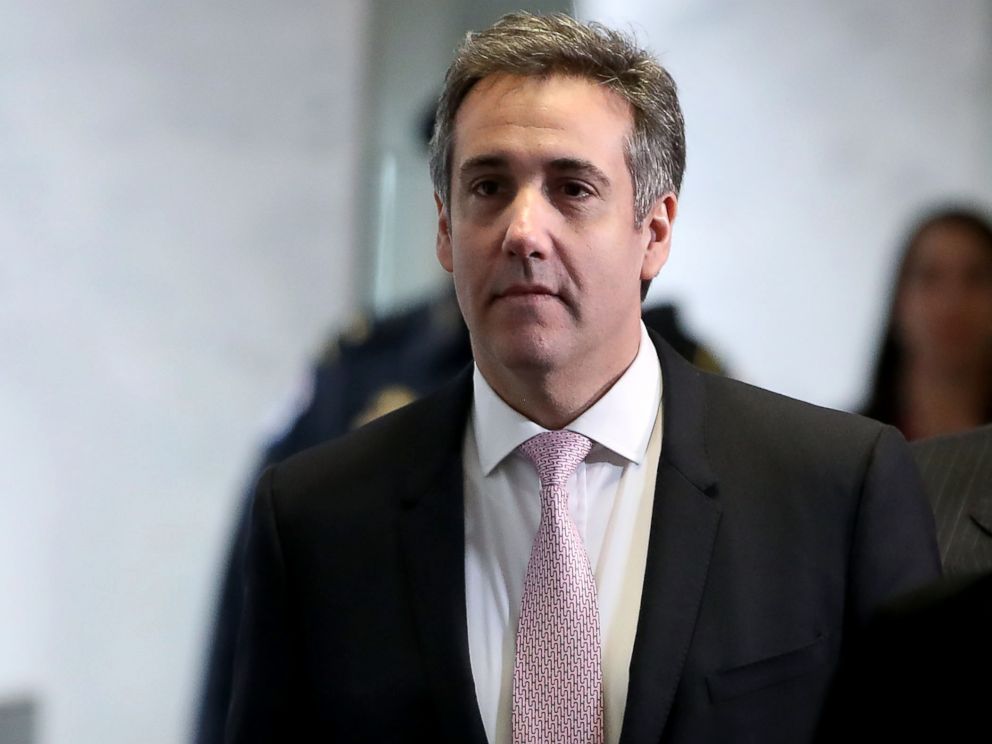
The Southern District of New York prosecutors are now in possession of the legal bill along with logs of numerous calls and copies of emails between the attorneys and Cohen, the sources said. During a meeting with Cohen earlier this year, federal prosecutors in New York expressed interest in learning who paid the bill. Cohen said he did not know who, if anyone, did.
Late Wednesday, ABC News spoke with Robert J. Costello, who was identified by the sources as one of the New York attorneys who had reached out to Cohen last year.
Costello said the story is "not accurate," but declined to be more specific "until I am convinced the attorney-client privilege has been waived. Unless Michael Cohen has waived attorney client privilege, I am prohibited from making any comment about this."
Costello said that he and Jeffrey Citron, another attorney in the same firm, had an attorney-client relationship with Cohen. Costello said he is unaware of any investigation of these matters.
"I have not spoken to the SDNY or Mueller or Congress or anyone about any issue involving Cohen. I am unaware of any inquiry by anybody other than reporters about this," he added.
Cohen was back in Washington, D.C., again on Wednesday for another private session with the House Intelligence Committee, after spending a full-day with the committee last week. In addition to his marathon public testimony, Cohen spent in total more than a dozen hours behind closed doors last week with the intelligence committees of both chambers of Congress.
In August, Cohen pleaded guilty to eight felonies, including tax and bank fraud unrelated to his work for Trump and to two campaign finance violations for his role in hush money deals with two women who had claimed past affairs with Trump. He told a federal judge that he had arranged the deals with the women in coordination with and at the direction of then-candidate Trump.
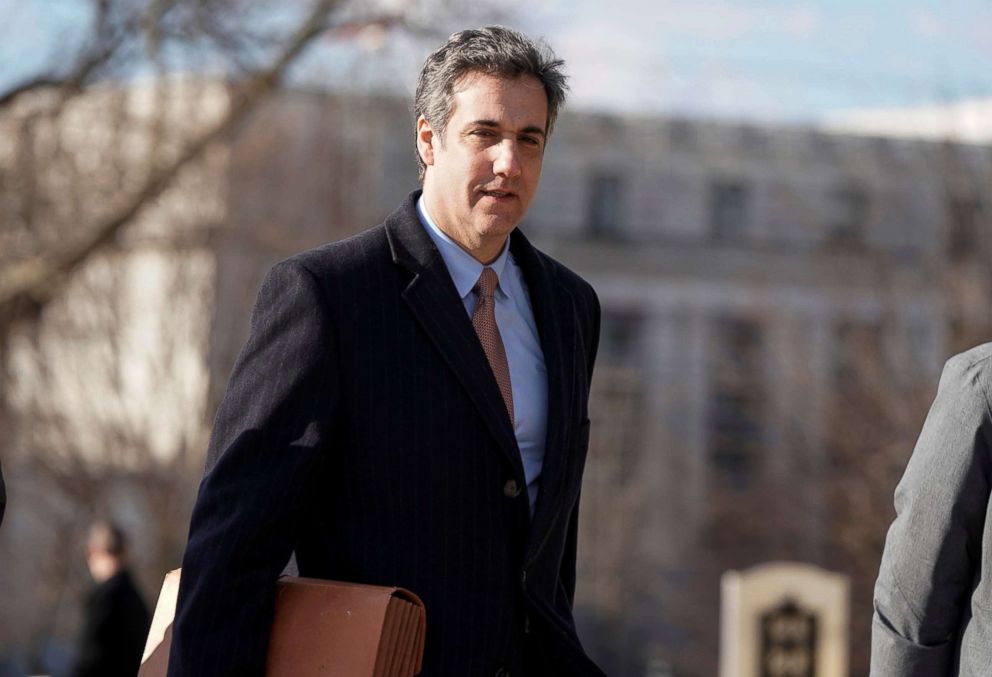
Trump has denied the allegations of the affairs and has insisted that he never asked or directed Cohen to do anything illegal.
Cohen entered a separate guilty plea in November with the special counsel’s office for false statements to Congress in 2017 about the timing and details of a proposed Trump Tower project in Moscow.
He was sentenced to three years in prison and must begin serving his time no later than May 6.
The president has repeatedly criticized his former ally, often in starkly personal terms. In a Sunday tweet, Trump dismissed Cohen's congressional appearance as "hostile..testimony given by a liar to reduce his prison time."
Editor's Note: This story has been updated to reflect comment from attorney Robert J. Costello.
